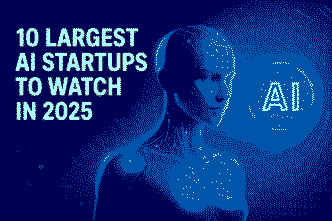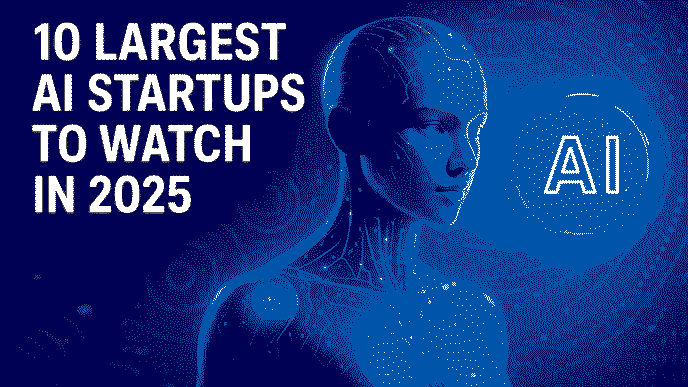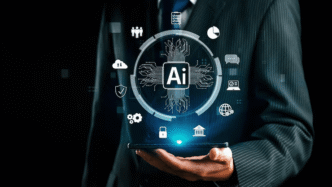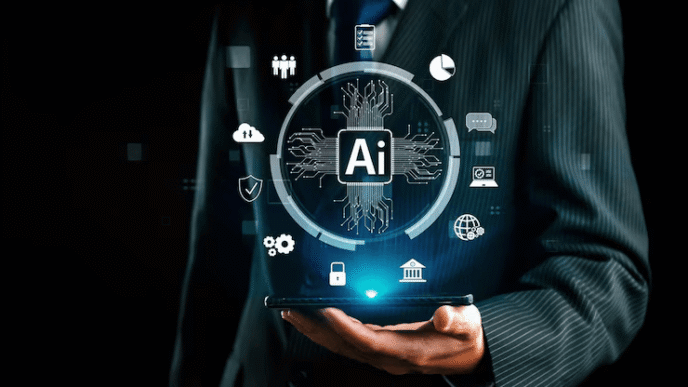OpenAI has rolled out some exciting new real-time collaborative AI coding tools that are set to change the game for developers and teams working on software. The standout features include OpenAI Canvas, which focuses on collaborative writing and coding, and OpenAI Codex, a cloud-based AI coding assistant designed for handling multiple engineering tasks simultaneously.
Key Features and Announcements
OpenAI Canvas: Your Go-To Real-Time Collaborative AI Tool
Purpose: Canvas is designed for real-time teamwork on writing and coding projects, allowing several users to brainstorm, draft, and polish text or code together in a dedicated space.”AI agents are now being deployed across various industries, as highlighted in real-world AI agent use cases.”
Real-Time Feedback: Users get immediate, in-line feedback while they code or write, making it easy to iterate quickly, fix bugs, and enhance their projects.
Integrated Environment: Canvas works alongside GPT-4o and opens as a side-by-side window with ChatGPT, providing a smooth, interactive experience for coding or creative writing.
Rollout: Initially available to ChatGPT Plus and Team subscribers, with plans to expand access to Enterprise, Edu, and free users soon.
OpenAI Codex: Your Autonomous Cloud-Based Coding Partner
AI as a Coding Ally: Codex serves as a smart assistant that can independently tackle various coding tasks like implementing features, reviewing code, debugging, and answering questions about the codebase working on multiple tasks at once.
Isolation and Safety: Each coding task runs in its own cloud environment loaded with the project’s codebase, ensuring real-time oversight and safety during operations.
Multi-Language Support: Codex can generate code in more than a dozen programming languages, excelling particularly in Python, but also capable of handling JavaScript, Go, Ruby, and more.
Natural Language to Code: Users can simply describe what they need in plain language, and Codex will generate the appropriate code, making it easier for non-programmers and speeding up the workflow for seasoned developers.
Workflow Integration: Codex is designed to read, write, and edit code files, execute commands like linters and tests, and provide live feedback while working alongside a developer’s existing tools.”AI agents are transforming how developers collaborate just like they’re revolutionizing customer support workflows.”
Rollout and Access: Codex is available through the ChatGPT interface for Plus users, and it even supports granting the agent internet access during tasks.
Impact and Implications
Collaboration Rethought: These tools elevate AI coding from simple autocomplete assistance to genuine real-time collaboration, where AI becomes a peer planning, reviewing, and implementing features right alongside human developers.
Accelerated Development: By enabling parallel tasking and generating code in natural language, productivity can soar, repetitive tasks can be minimized, and more complex, creative problem-solving can take place.
Educational Applications: Canvas’s collaborative interface is a boon for both educational and professional settings, facilitating code reviews, instant feedback, and personalized code-level tutoring.
Key Takeaways
Real-Time Collaboration: OpenAI Canvas allows multiple users to co-create code or content at the same time, all while receiving integrated AI feedback.
Autonomous AI Agents: Codex acts as a cloud-based coding agent, handling multiple independent engineering tasks with direct oversight.
Seamless Integration: Both tools support side-by-side coding, in-line debugging, and code reviews, accommodating a wide variety of programming languages and workflows.
Expanding Access: Although initially available only to premium users, a broader rollout is on the horizon, suggesting that widespread access is coming soon.
OpenAI’s launch of real-time collaborative AI tools like Canvas and Codex represents a major leap forward in making coding more accessible, speeding up development, and transforming how teams approach software engineering.












